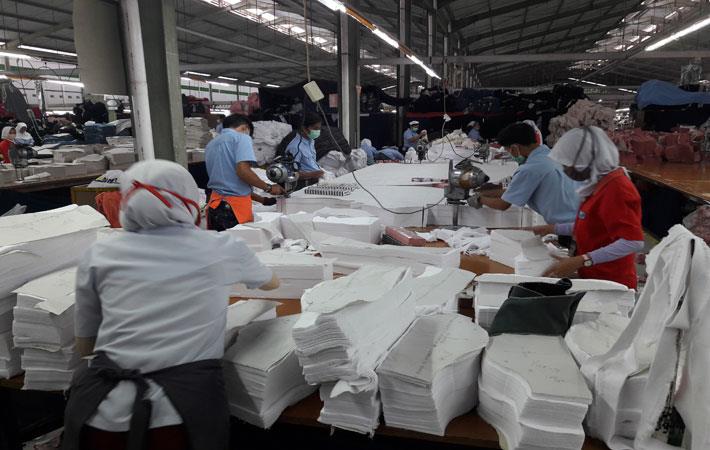Firms in Kenyan export processing zones (EPZ) want lower labour and electricity costs and slashed work permit fees for expatriates to boost earnings from the US Africa Growth and Opportunity Act (AGOA). EPZs are held back by their inability to attract investors who prefer neighbouring nations, Kenya Export Manufacturers Association (KEMA) vice chairman Thomas Puthoor said.
Kenya’s competitors like Ethiopia and Madagascar have attracted more investors after lowering electricity costs and expatriate permit fees, he said.Firms in Kenyan export processing zones (EPZ) want lower labour and electricity costs and slashed work permit fees for expatriates to boost earnings from the US Africa Growth and Opportunity Act.EPZs are held back by their inability to attract investors who prefer neighbouring nations, Kenya Export Manufacturers Association vice chairman Thomas Puthoor said.#
KEMA also complained of high wages in Kenya that Puthoor rated at an average minimum of Sh22,000 compared to Ethiopia and Madagascar at Sh6,000 and Sh8,000 respectively, according to a report in a Kenyan newspaper.
Most workers in EPZs work for apparel enterprises, with recent Kenya National Bureau of Statistics (KNBS) data indicating that 22 clothes firms employ 46,248 Kenyans.
Mr Puthoor, who is also Simba Apparel EPZ managing director, said despite having more than 6,000 items trading under AGOA, Kenya is only exporting apparels, horticulture and processed food, which is an under-investment in the sector.
He also asked the government to reorganise the market for citizens to buy the locally manufactured clothes.
Though the ‘Buy Kenya, Build Kenya’ concept started well, its promotion has ceased in the past one year, and yet more than 20 per cent of our produce were set aside for the local market. Clothes manufactured in the country are of better quality compared to imported second-hand clothes, he added. (DS)
Fibre2Fashion News Desk – India
